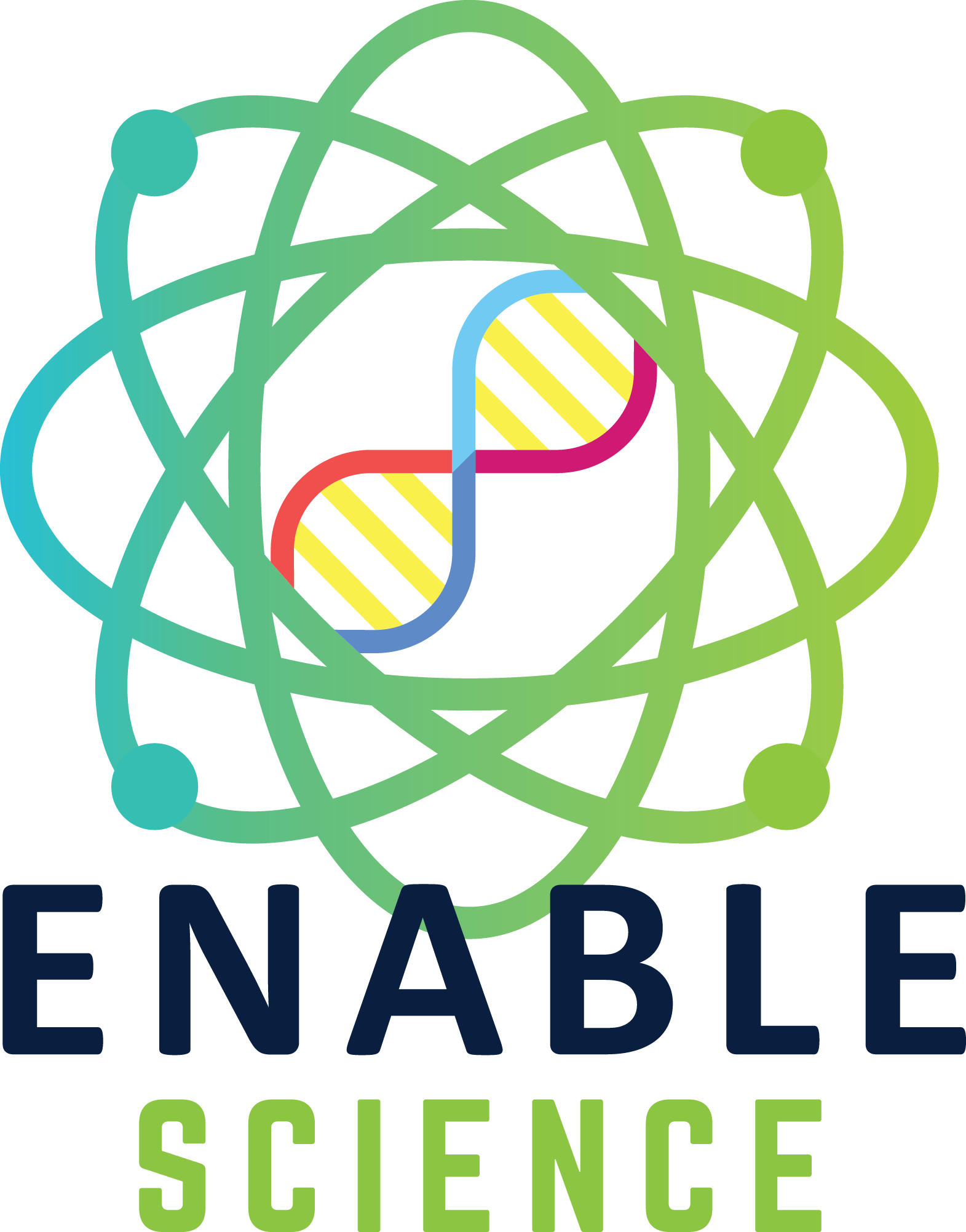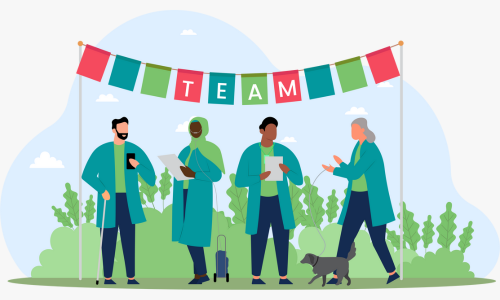Please join us in sending a massive congratulations to Dr Stephen Buckley for his recent Nature article. The article challenges previous beliefs that seaweed was excluded from human diets in the Neolithic period. Whilst seaweed consumption was initially thought to have stopped following the widespread transition to farming, Dr Buckley and his team present evidence, from the analysis of dental biomarkers, that indicates the continued consumption of seaweed.
Through improving our understanding of ancient diets, we increase our knowledge of resources and our capacity to respond to change. This is of particular importance given the need for improved sustainability in the wake of population growth and climate change.
Dr Buckley is one of our fantastic twelve featured disabled scientists for the Spotlight Series, sharing his scientific work and his experience of disability. The full set of poster resources for our Spotlight Series: Celebrating Disabled Scientists project will be available to download from the Compound Interest website from the 6th of November. His work on Ancient Egyptian Archaeological Chemistry is also set to form the basis of the first of our Raising Aspirations: School Project series. The Raising Aspirations project will develop a series of Science Week experiments for schools based upon the work of our twelve inspirational disabled scientists.
When asked about his participation in the Spotlight Series, Dr Buckley responded with the following:
“Any recognition, inclusion and accommodation of disabled scientists was absent for much of my career and while there is increasing awareness and discussion of the value of encouraging disabled people into science, social and systemic barriers still remain. Given my own experiences, I wanted to do what I could to encourage current disabled students into science and so when the Spotlight Series was first suggested it was a project I very much wanted to support and be involved in. The Series celebrates disabled scientists to increase visibility on what they can, and have, achieved, which will hopefully inspire disabled students to follow.”
At Enable Science, we are committed to challenging preconceptions around disability within STEM. Through promoting the achievements of disabled scientists, we can prove that disability belongs in STEM. If you have your own story, as a disabled scientist or an individual or organisation supporting disability in STEM, please use our contact page to share this with the Enable Science community.


